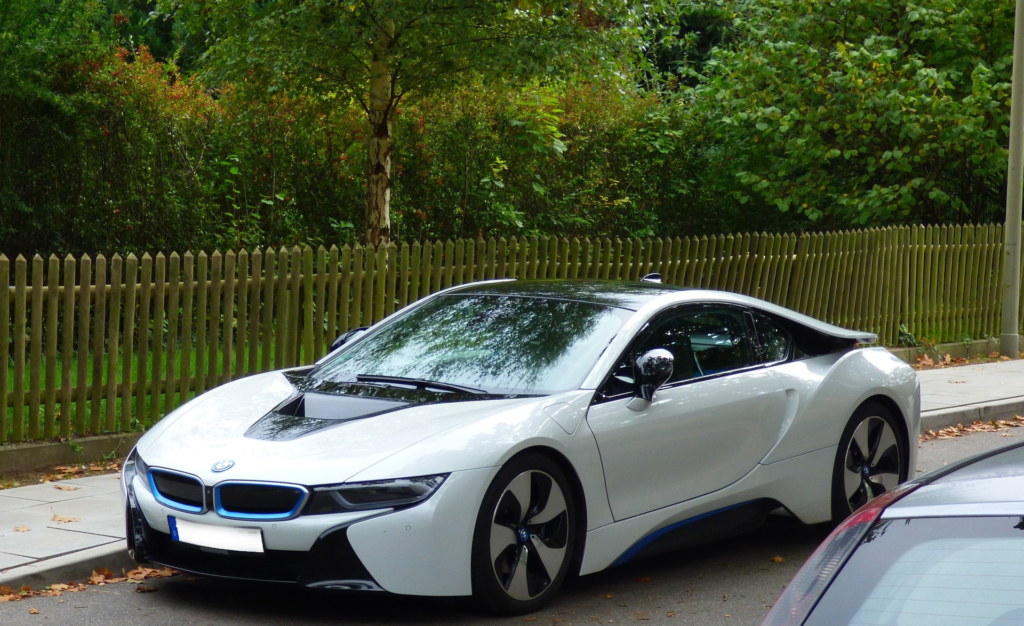Recently, electric vehicles (EVs) have become one of the most significant solutions to climate change, air pollution reduction, and fossil fuel dependence. Although countries including the United States, China, and several European countries are at the forefront of EV adoption, Iraq, a country it has long depended on oil exports, is beginning to consider what role it might play in this global shift. Electric Vehicles in Iraq: The Current State and Future Opportunities in an Oily Economy.
Overview of Adoption Electric Vehicles in Iraq
Iraq’s transportation system is almost exclusively powered by internal combustion engine (ICE) vehicles, a consequence of the country’s wealth of oil reserves and heavily subsidised petrol prices. Nonetheless, global trends in recent years for EVs, alongside a growing focus on climate concerns, have led to a growing interest in EVs in Iraq. A few imported hybrid and electric vehicles are showing up, marking the beginning of adoption.
In bigger cities including Baghdad, Basra, and Erbil, several dealerships now carry EV models like the Nissan Leaf, Tesla Model 3, and Hyundai Kona Electric. While these vehicles are still a niche market, the options are an evolutionary step in the right direction of consumers changing how they feel about the vehicles they drive.
Obstacles in the Way to Adoption Electric Vehicles in Iraq
Energy Supply Challenges: Iraq is a nation rich in oil resources, but the necessary infrastructure to manufacture EVs is lacking, making widespread adoption of EVs difficult. There are no public charging stations, and residential areas are not wired for the electrical needs of home charging units. This is a major obstacle for prospective EV owners.
Electricity Supply Problems: Frequent electricity outages and an unreliable supply of power make charging EVs infeasible. Iraq’s energy infrastructure, worn down by decades of conflict, has only been receiving incremental investments — it’d need significant upgrades to accommodate the electric vehicle market.
Initial Cost: The initial cost for electric vehicles, the high fees, as well as lack of government incentives make electrification not accessible for the common small Iraqi consumer Traditional ICE vehicles are still considerably cheaper than BEVs, creating a widening gap that increases the time taken for the adoption rate to catch up.
Environmental and Economic Awareness: A lack of public awareness and understanding of the environmental and economic benefits of EVs makes it less likely that they will be accepted. Many Iraqis doubt the reliability and practicality of electric vehicles due to issues with the country’s electricity and charging grid.
Electric Vehicles in Iraq: Opportunities for Growth
However, Iraq presents major opportunities to adopt EVs and create an ecosystem for sustainable transportation.
Harnessing Renewable Energy:
Iraq has vast solar resources, particularly in the south and west, offering potential for adopting new energy-efficient technologies.. Investing in solar EV charging stations can solve energy supply issues and lessen reliance on the national grid. Solar farms combined with charging hubs could potentially be a dual-hosting solution.
Policies to adopt Electric Vehicles in Iraq:
Policymakers can boost EV adoption by reducing import tariffs, offering tax breaks, and providing subsidies for EV buyers. Moreover, encouraging the local assembly or manufacturing of EV parts could drive down costs and create jobs.
Adept partnerships and investments:
Collaborating with international and private sector organizations can provide the skills and funds required for developing intelligent EV infrastructure. Valuable examples and partners can be found in neighboring countries such as Jordan, which has made strides in EV adoption.
Stakeholder Education:
Raising awareness about the cost savings, environmental impact, and public health benefits of EVs can alter public perception. Demonstration projects and pilot programs in urban areas might also demonstrate the feasibility of EVs.

Electric Vehicles in Iraq
Electric Vehicles in Iraq: The Road Ahead
Phasing out petrol-powered cars in Iraq is a huge undertaking, but one that is not impossible. The province-wide commitment requires government, private sector, and public collaboration for success. Through tackling challenges posed by infrastructure, utilizing renewable sources of energy and promoting incentives for wide-scale adoption. Iraq can establish itself as a pioneer of the green energy revolution in the Middle East.
Conclusion:
Electric vehicles are not just a new technology; they are a promise of sustainability and a better future for Iraq. But amid this global push to decarbonize, Iraq can rewrite its energy story, and embrace a cleaner, wealthier future.



Pingback: Electric Vehicles in Finland: A Journey Towards Sustainability - Tech Master Online